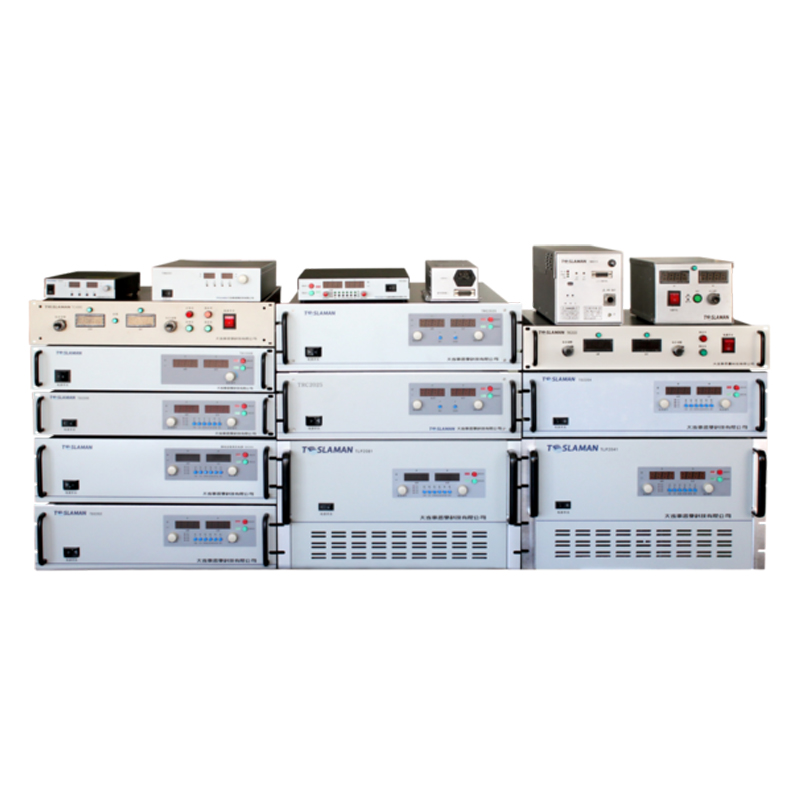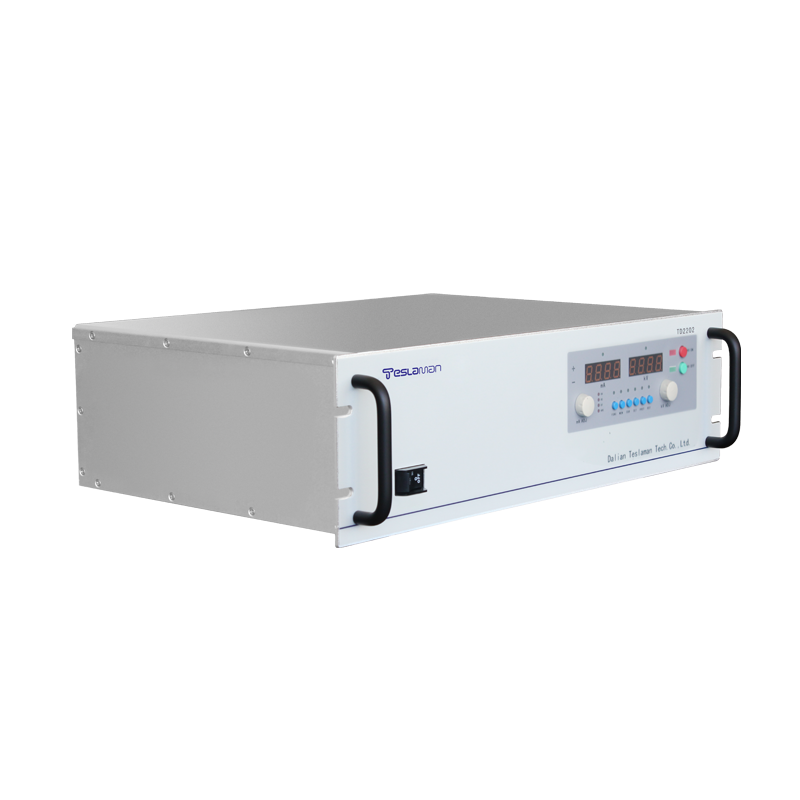Application and Effect Evaluation of High-Voltage AC Power Supply System in Power System Frequency Regulation
Abstract:
With the continuous development of power systems and the increasing requirements for power quality, the application of high-voltage AC power supply systems in power system frequency regulation has attracted widespread attention. From a professional perspective, this article discusses in detail the principles, applications, and effect evaluation methods of high-voltage AC power supply systems in power system frequency regulation, aiming to provide strong support for the stable operation of power systems.
Keywords: High-voltage AC power supply system; Power system; Frequency regulation; Application; Effect evaluation
I. Introduction
Power systems, as an important infrastructure of modern society, have their stability and reliability crucial for ensuring the normal operation of the national economy. Among them, the frequency of the power system is one of the important indicators measuring system stability. When the load of the power system changes, the frequency will fluctuate. If not adjusted in time, it may lead to serious consequences such as system collapse. Therefore, studying effective frequency regulation methods has significant practical importance.
II. Principles of High-Voltage AC Power Supply Systems in Power System Frequency Regulation
High-voltage AC power supply systems adjust the output power of generating units by adjusting the output power of generating units to change the system's frequency. When the system frequency is too high, reduce the output power of the generating unit; when the system frequency is too low, increase the output power of the generating unit. In addition, high voltage AC power supply systems can also use reactive power compensation devices and synchronous condensers and other equipment to improve the voltage stability of the system, thereby indirectly affecting the frequency stability of the system.
III. Application of High-Voltage AC Power Supply Systems in Power System Frequency Regulation
1. Primary Frequency Control
Primary frequency control refers to the automatic adjustment of the output power of the generating unit by the generating unit's own speed control system when the frequency of the power system fluctuates, in order to maintain the stability of the system frequency. The high voltage AC power supply system plays a key role in primary frequency control, which can ensure that the generating unit responds quickly to frequency changes and reduces frequency deviation.
2. Secondary Frequency Control
The secondary frequency modulation refers to the dispatcher center adjusts the output plan of the generator set according to the real-time frequency deviation of the system through adjustment so as to achieve precise control of system frequency. The high-voltage AC power supply system provides a stable power supply support in the secondary frequency regulation, ensuring the effective control of the generator set by the dispatch center.
3. Reactive Power Compensation and Voltage Regulation
Reactive power compensation devices and synchronous condensers and other high voltage AC power supply system equipment can improve the voltage stability of the system, thereby indirectly affecting the frequency stability of the system. By reasonably configuring these devices, the voltage stability of the system can be improved without affecting the active power balance of the system, thereby improving the frequency stability of the system.
IV. Effect Evaluation of High-Voltage AC Power Supply Systems in Power System Frequency Regulation
The evaluation of the effects of high-voltage AC power supply systems in power system frequency regulation mainly includes the following aspects:
1. Frequency Stability Indicators
By calculating the system's frequency deviation, frequency fluctuation range, and other indicators, the degree of improvement of the high-voltage AC power supply system on the system frequency stability is evaluated.
2. Response Speed Indicator
Analyze the response speed of the high-voltage AC power supply system in the frequency regulation process, including the speed at which the generating unit adjusts its output and the speed at which the dispatch center's instructions are executed.
3. Economic Indicators
Comprehensively considering factors such as the investment cost of high voltage AC power supply systems, operation and maintenance costs, and economic benefits brought by frequency stability, the economy of high voltage AC power supply systems in power system frequency regulation is evaluated.
V. Conclusion
High-voltage AC power supply systems play an important role in the frequency regulation of power systems. By reasonably configuring and applying high-voltage AC power supply system equipment, the frequency stability of the power system can be effectively improved and the safe and stable operation of the system can be guaranteed At the same time, scientifically evaluating the effects of high voltage AC power supply systems in frequency regulation helps to optimize system configuration and operation strategies, thereby further improving the operating efficiency and economy of power systems.




















